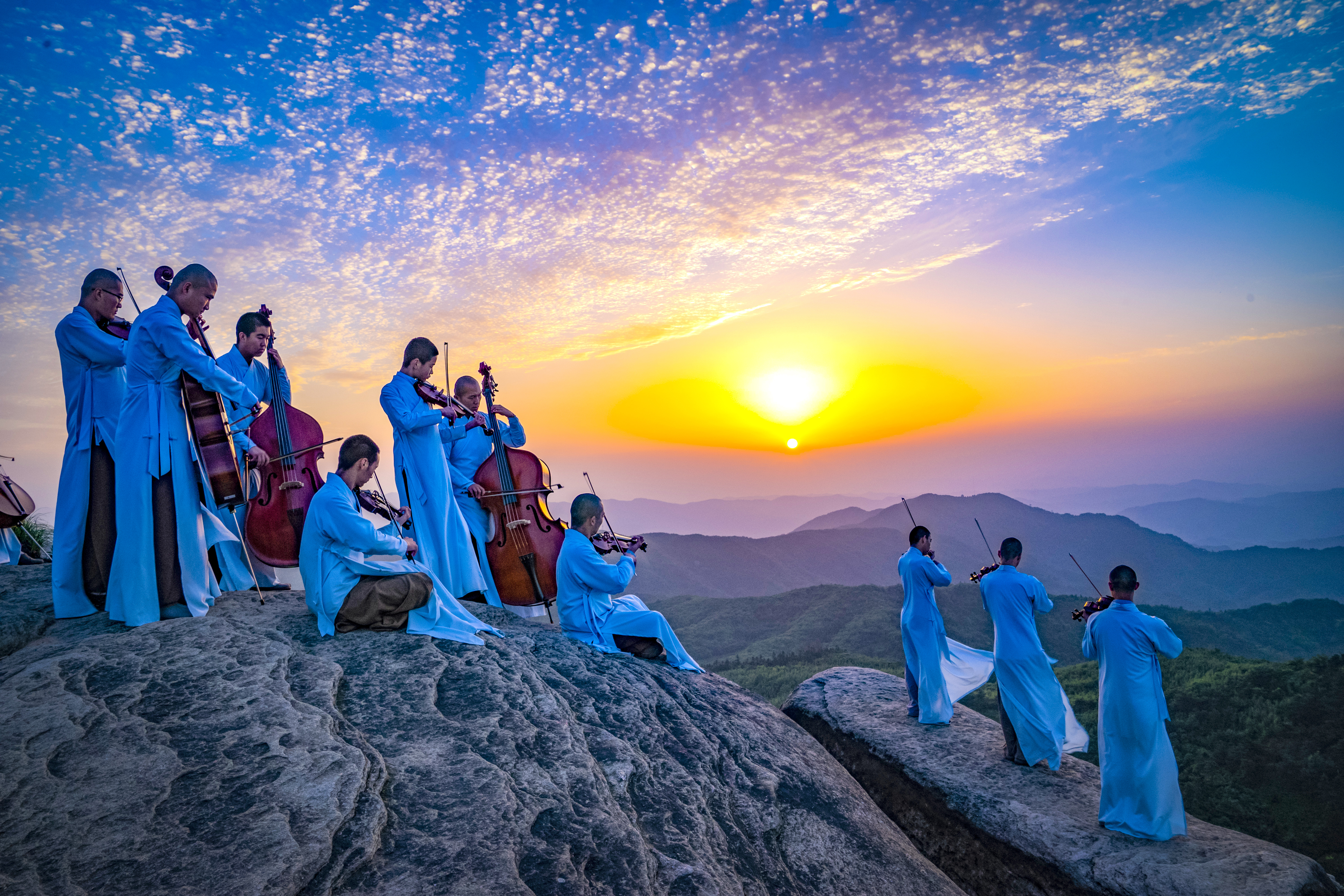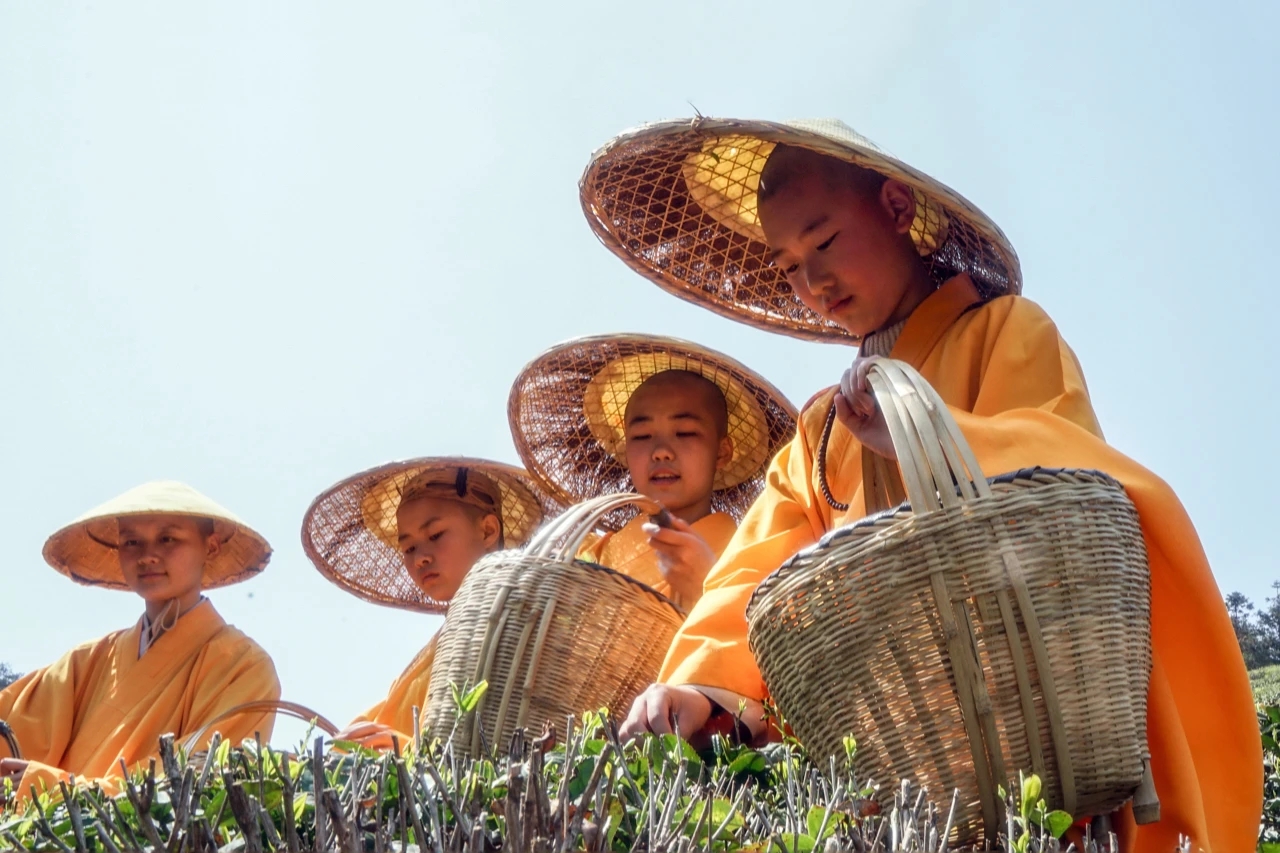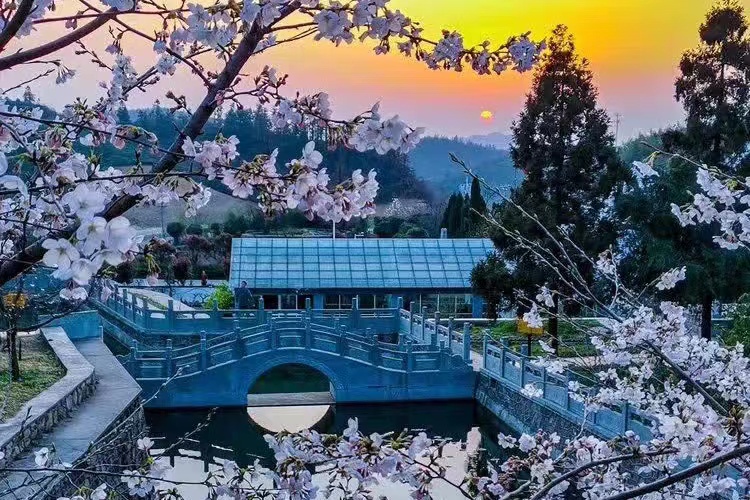Tiantai Zen Forest advocates the natural garden aesthetics, emphasizing the high unity of man and nature, that is, the importance of environmental protection. Tiantai Temple is based on the construction of a millennium Taoist temple. All buildings, greening and culture aim at the millennium ancient temple. Tens of thousands of millennium trees have been planted in Tiantai Temple, such as taxus, azalea, osmanthus (millennium variety), angular maple, ginkgo, tassels, pine and cypress, and other millennium trees, such as tortoise nut, whose age can reach 4000 years. Stone, copper and hardwood are selected as the materials for the buildings and statues of the monastery, so as to keep them for more than 1000 years.
Tiantai Temple further echoes the times and implements environmental protection by offering flowers to Buddha instead of incense candles and recycling garbage. Tiantai Temple is located in a deep mountain, with a core ecological protection area of more than 1000 mu. The unique natural conditions, together with more than ten years of construction of Tiantai Zen Forest, further transformed the surrounding environment of Tiantai Temple to the original ecology. The spring water is abundant and sweet, the flowers are in full bloom all the year round, the species and number of birds and small animals are greatly increased, which echoes with the monks and Zen music serving all living beings from afar. Wandering among them, pine waves are blowing, birds are crowing, flowers are overflowing, and Zen music is curling around. The troubles and disputes of the secular world suddenly disappear, and the sense of Zen permeates my mind......







